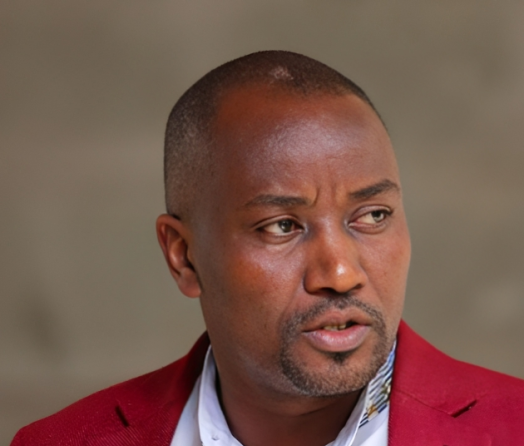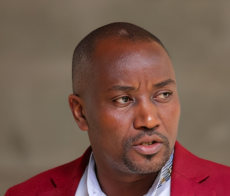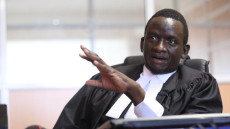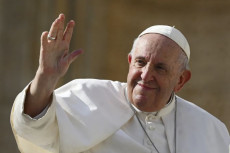- Basing his argument on historical events, Dr Ndonye believes that Matiang’i is likely to secure endorsements from influential politicians like former President Uhuru Kenyatta.
The 2027 Presidential Election has become a topic of discussion among Kenyans in recent times. Already, a number of influential figures have shown interest to vie for the esteemed position.
Political analyst Dr Michael Ndonye believes Fred Matiang’i has a viable chance of becoming president in 2027 if he runs and strategizes effectively.
Speaking during a recent episode of the TalkChat Podcast, Dr Ndonye has outlined the dos and don’ts Matiang’i should follow to achieve this milestone.
Firstly, the political analyst suggests that the desire for change may drive Kenyans to vote for him.
“He is a new face, and as we know, Kenyans often prefer a fresh candidate for president. Change is as good as rest, and Kenyans are familiar with his work,” he commented.
Read More
Citing Matiang’i’s performance as the former Cabinet Secretary for Education and Interior, Dr. Ndonye asserts that his track record may be why many are betting on him. He has also noted that Matiang’i’s background could be advantageous in his quest for Presidency.
“Matiang’i hails from the Nyanza region, where Raila Odinga has historically been a key political figure. One advantage is that Raila might support him to succeed his political legacy. However, this is debatable and depends on the dynamics of the community, considering that Kisii comprises only two counties in the region,” he noted.
Basing his argument on historical events, Dr Ndonye believes that Matiang’i is likely to secure endorsements from influential politicians like former President Uhuru Kenyatta.
However, he advises against accepting direct endorsements, as this could mirror Raila Odinga’s experience before the 2022 elections.
“I strongly opposed the endorsement Raila received from Uhuru, believing it would lead to electoral defeat, which it did. If Matiang’i accepts similar endorsements, it could weaken his candidacy,” the Political analyst added.
Dr. Ndonye emphasizes that for Matiang’i to achieve success, he must position himself as a national leader rather than just a representative of the Kisii community. “He could be the best choice to replace Raila Odinga if he successfully markets himself as a national figure. He is likely to appeal to Millennials and Gen Z, who are seeking new leadership.”
He warns that if William Ruto is not cautious in 2027, the political landscape may shift, focusing on ousting him rather than evaluating candidates' manifestos.
He recommends that if endorsements are to happen, they should occur around 2026, once Matiang’i has established his footing in Kenyan politics.
Another significant obstacle for Matiang’i is the potential lack of financial resources to fund his presidential campaign. “Presidential campaigns are expensive. I am uncertain if Matiang’i can finance his candidacy. However, if he can mobilize supporters to cover his expenses, he stands a better chance,” Dr Ndonye added.
In any General Election, numbers matter. Dr. Ndonye emphasizes this importance noting that out of the 11 million expected new voters, the majority will be Gen Z. He highlights their influence, referencing the June 2024 protests that challenged William Ruto and the current regime.
“If Gen Z teams up with Millennials, they will form a crucial voting bloc in 2027. Given the current situation in the country, this demographic is likely to vote against William Ruto, seeking alternative leadership. Ruto should be very cautious,” he said.
Other than aligning with the Gen Z, he advises Matiang’i to engage with Millennials describing them as a politically unanchored group that tends to follow trends. “Millennials lack political leaders, and in 2027, they will align with Gen Z. Any politician aiming for success in 2027 must capture the Gen Z vote, as other generations will follow suit,” the political analyst concluded.







-1745346737-md.jpg)




